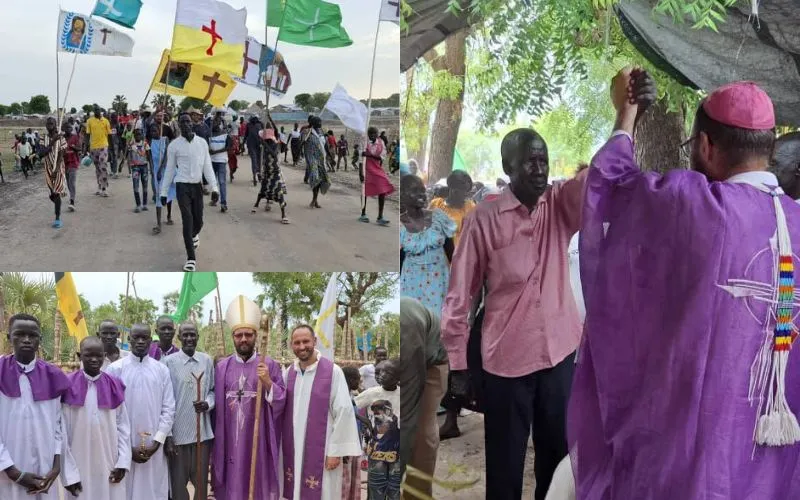In Kenya, Export Processing Zones companies (EPZs) rose to the occasion to prepare PPEs, masks and sanitizers.
“This is good news for Kenya because the country is tapping into manufacturing potential that was previously underestimated,” said Ms. Osembo.
She hailed the Kenyan government for giving the textile industry a significant boost by tasking industry players to make the PPEs and urged the government to continue investing in the sector to maintain and strengthen its gains.
The other four professionals who share their reflections in the HAI report were Martin Drakard, a journalist working in Kenya, Raoul Kienge-Kienge Intudi from the Democratic Republic of Congo (DRC), Ahouré Alban from Ivory Coast, and Gabriel Dinda from Strathmore University.
HAI provided various talking points to guide the reflections. Will this pandemic shape the future of Africa? And how? Will African governments be able to effectively tackle the global health crisis and its economic and social effects? What are the opportunities that could emerge in the near future? In which areas?
(Story continues below)
In his reflection titled “Covid-19: A Challenge to Improve Kenyan’s Life”, Martin Drakard, a Journalist in Kenya observed that COVID-19 had created a gap between a few haves and the majority have-nots especially in access to education and technology.
“The fortunate ones continue their education, with online classes… But these are a small minority, with regular access to Wi-Fi and who live in the cities,” said Drakard.
Even then, he added, the online programs have limited effectiveness since they do not seem to allow interactive learning.
The Kenyan-based journalist highlighted vices that were reported among school children including teenage pregnancies, substance abuse and child labor, which he blamed on the COVID-19 lockdown.
“In less urbanized areas of the country, and in the big urban slums where there are fewer amenities and less access to technology, but where a child at home means an extra hand, as well as an extra mouth to feed, some children have turned to hawking goods, fishing, driving boda-boda, even mining in western Kenya,” he said, highlighting some of the activities that learners are engaging in as they stay away from school.
“It is quite possible that many of these children will not go back to school once learning is resumed,” the journalist said, and added, “It is also likely that many community or private schools in poor areas will not re-open, having lost one year’s income.”
Drakard further said that in the remote areas, where schools are left unguarded, there have been instances of looting and vandalism, and that the food being stored for the first term has been stolen or left to rot.
Classrooms in many parts of the East African country have been converted to shelters for squatters and cattle.
The HAI report, shared with ACI Africa November 16, is the fourth the organization has done “in recent years,” according to the association’s Vice President, Manuel Sanchez.
The association aims at promoting “in-depth discussions on development in Africa, contributing to the spread of correct information on the continent and with the ambition to try new ways of expressing the culture of human development, the ambition to go beyond the current models,” Sanchez told ACI Africa in a November 2019 report.
In the November 16 report, Sanchez told ACI Africa that although the numbers of the new COVID-19 infection were still lenient in Sub-Saharan Africa, the economic and social consequences of measures to stop the spread of the virus seem dramatic.
However, according to Sanchez, “It is precisely at a time of increased vulnerability that resilience processes are being set in motion to resist and react to the crisis, transforming it, if possible, into opportunities for growth.”
He added, “And this is the theme on which the reflections collected by Harambee investigate, thanks to the contribution of several authoritative representatives of the academic and institutional world in DR Congo, Kenya, Ivory Coast.”
Agnes Aineah is a Kenyan journalist with a background in digital and newspaper reporting. She holds a Master of Arts in Digital Journalism from the Aga Khan University, Graduate School of Media and Communications and a Bachelor's Degree in Linguistics, Media and Communications from Kenya's Moi University. Agnes currently serves as a journalist for ACI Africa.








